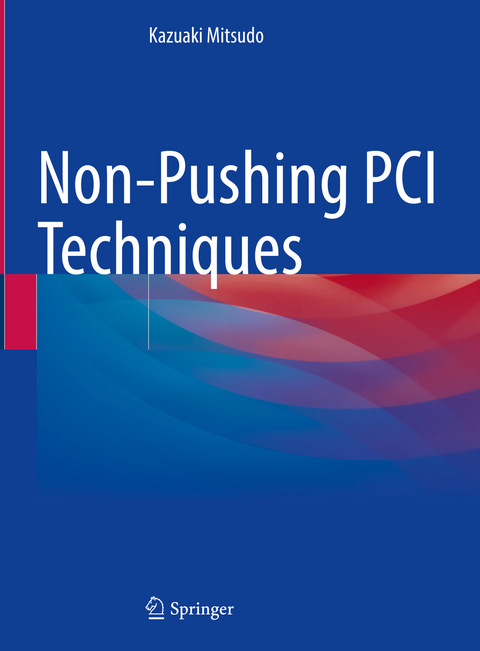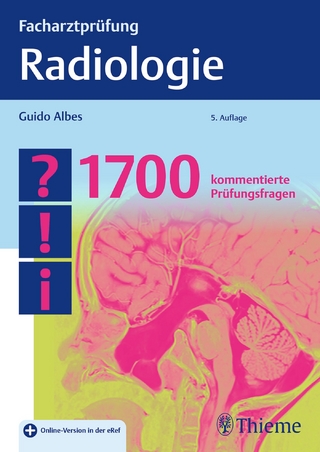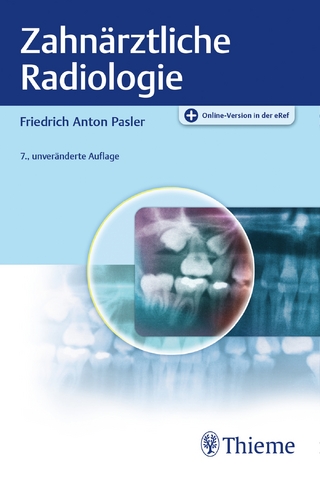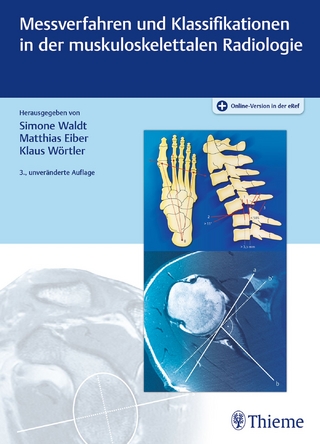
Non-Pushing PCI Techniques
Springer Verlag, Singapore
978-981-15-7042-1 (ISBN)
Given its scope, this book is not only a valuable resource for by coronary interventionalists dealing with PCI for complex lesions including chronic total occlusion (CTO), but also serves as a practical and informative for cardiologists.
Kazuaki Mitsudo MD Former Deputy Chief of Kurashiki Central Hospital, Kurashiki, Japan Former Board Chair of the Japanese Association of Cardiovascular Intervention and Therapeutics
Part I Mitsudo’s PCI techniques for CTO.- 1 Approach (Puncture site) .- 2 Sheath.- 3 Guiding catheter.- 4 Column (1): Guide wire cannulation and buddy wire technique.- 5 Column (2): Coronary arteries with an anomalous origin.- 6 Anticoagulation strategy.- 7 Fluoroscopy and imaging strategy.- 8 Column (3): Fluoroscopy (imaging) angle and detector surface.- 9 Column (4): Rotational angiography.- 10 Antegrade approach.- 11 Column (5): Advancing the guide wire and relationship with tissue hardness.- 12 Column (6): Mechanisms of guide wire penetration.- 13 Column (7): Selection and rationale - Part I.- 14 Retrograde approach.- 15 Column (8): Sion guide wire.- 16 Column (9): Techniques for RCA segments 2-3.- 17 Column (10): Selection and rationale – Part I.- 18 Antegrade approach revisited.- 19 Column (11): Distal protection method.- 20 Trouble shooting.- Part II Stenting of bifurcation lesions.- 21 Stent design, stent placement, and placement technique.- 22 Dedicated stent for bifurcation lesions.- 23 Generic stent design optimized for bifurcation lesions.- 24 Column (13): Good fracture and bad fracture.- 25 Optimized stent placement technique for bifurcation lesions.- 26 Column (14): Selection of the balloon and inflation pressure.- 27 Column (15): Prevention of coiling and countermeasures.- 28 Column (16): Balloon formation (rewrapping) .- 29 Column (17): Importance of the observation angle.- 30 Column (18): Necessity for POT and KBT.- 31 Ideal two-stent method for bifurcation lesions.- Part III Stenting of right coronary artery ostial lesions.- 32 Radial force.- 33 Preparation.- 34 Stent.- 35 Positioning the stent.- 36 Necessity for IVUS.- 37 Case studies.- Part IV Stenting of left main trunk (LMT) lesions.- 38 Lesion pathomorphology and stent placement.- 39 Stent design.- 40 Column (19): Promus PREMIER.- 41 Preparation.- 42 Column (20): Carina shift.- 43 Column (21): Lacrosse NSE, AngioSculpt, or ScoreFlex.- 44 Stenting procedure and stent placement.-45 LMT trifurcation stenting.- 46 Case studies on LMT stenting.- Part V Mitsudo’s non-pushing PCI technique .- 47 When pushing is allowed.- 48 Guide wire.- 49 Balloon angioplasty (POBA) .- 50 Rotablator.-51 ELCA.- 52 Stenting.- 53 IVUS.- 54 So-called anchoring technique.- 55 Guide wire loop (wire tag) .- 56 IVUS removal.
| Erscheinungsdatum | 09.10.2020 |
|---|---|
| Zusatzinfo | XVII, 273 p. |
| Verlagsort | Singapore |
| Sprache | englisch |
| Maße | 210 x 279 mm |
| Themenwelt | Medizin / Pharmazie ► Medizinische Fachgebiete ► Chirurgie |
| Medizinische Fachgebiete ► Radiologie / Bildgebende Verfahren ► Radiologie | |
| ISBN-10 | 981-15-7042-6 / 9811570426 |
| ISBN-13 | 978-981-15-7042-1 / 9789811570421 |
| Zustand | Neuware |
| Haben Sie eine Frage zum Produkt? |
aus dem Bereich


